Blue Zone Recipes and the Mediterranean Diet of Ikaria
By Diane Kochilas
Updated October 12, 2021
These Blue Zone recipes and article on the Mediterranean Diet of Ikaria is brought to us by Diane Kochilas, an award-winning author of 18 cookbooks as well as the host, creator and producer of the PBS show “My Greek Table”. The article is from Diane’s book “Ikaria: Lessons on Food, Life, and Longevity from the Greek Island Where People Forget to Die”. You can purchase a copy of her cookbook by clicking here. The island of Ikaria has the highest rates of people to live healthfully over 90 years old (nonagenarians) in the world. Diane teaches cooking classes on the island. To find out more about Diane and her classes, check out her website: www.dianekochilas.com.
Secrets to a Good, Long Life
What sets Ikarians apart, even from other nonagenarians around the world, is that they live well – with little cancer, cardiovascular disease, dementia, or other age-related ailments – drinking wine, enjoying sex, walking, gardening, and socializing, in other words, being very much alive, in their veritable, modern-day Shangri-La. Since 2008, a battery of scientists, journalists, demographers, and others has been trying to figure out the secrets to this seeming paradise. Food, lifestyle, and such a deep-rooted disregard for living by the clock that there is really no stress have all, somehow, played a role in giving Ikarians good, long lives.
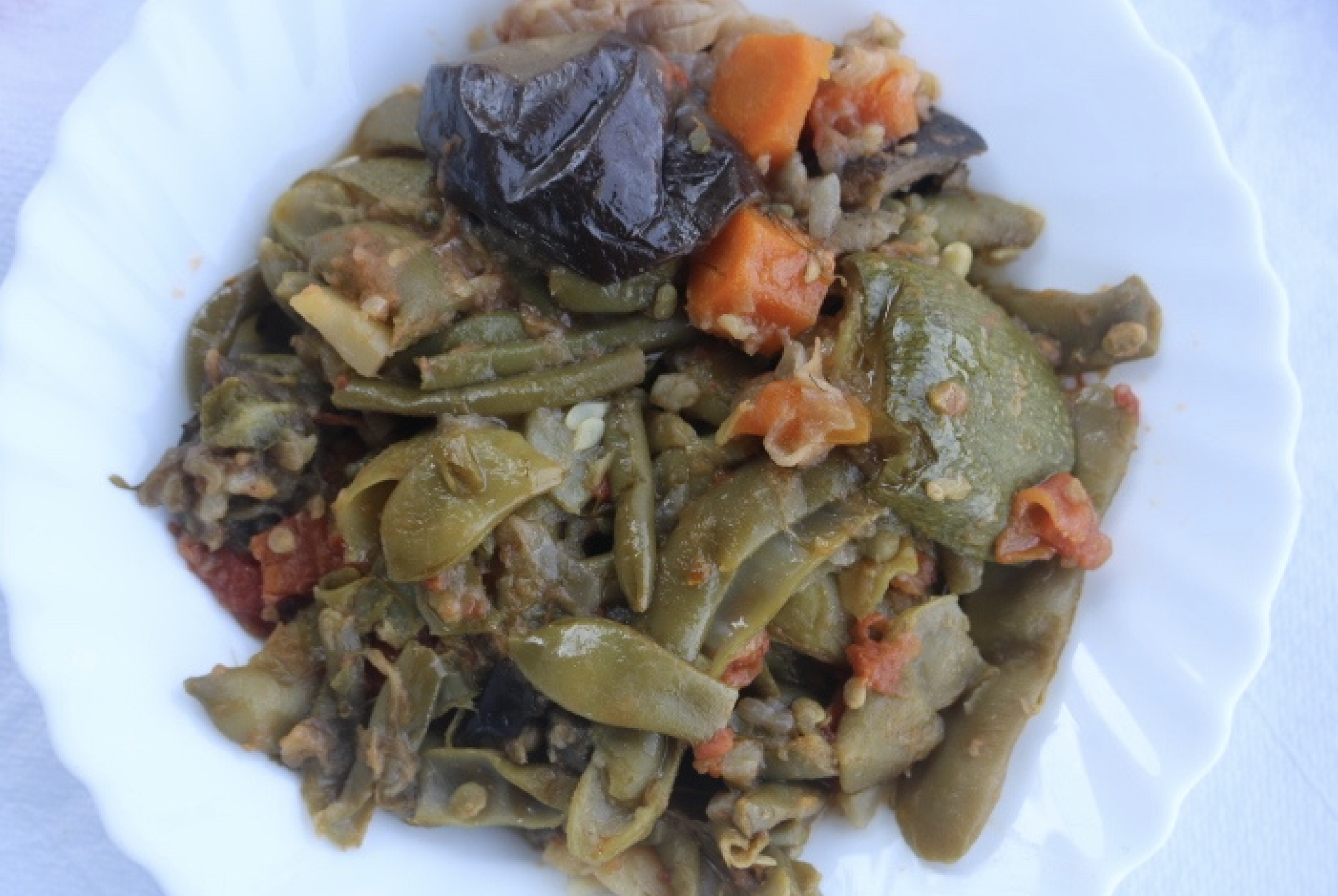
Ikaria’s Longevity Diet
In researching the diet and foods that people who are now well into old age ate while growing up, I consulted Dan Buettner’s book (The Blue Zones), read through the Ikaria study (which was compiled by a group of international scientists), and asked a lot of my own questions of the 80-plus set on the island. What I discovered was that it wasn’t so much what people ate a generation or two ago on Ikaria, but it was more the fact that they simply did not eat very much at all. Food was not nearly as plentiful then as it is today, so if anything, the dearth, rather than the type, of food defined their diet.
Equally important, of course, was and still is the quality of food. On Ikaria, to this day, people eat very little processed food. Sure, fast food has made some inroads, mainly in the form of souvlaki joints, pizzerias, and a few places selling handheld phyllo pies, mostly of which are slathered with hydrogenated oils. Chips, candy, and the kind of ice cream so filled with stabilizers that it doesn’t melt even under an August sun (an experience I had with my own daughter a few years ago on the island) are all now, unfortunately, part of the dietary vernacular. But so are the wild greens and tomatoes and fruits picked in season, fish just minutes out of the sea, the pigs raised in the family barn and fed leftovers from the table and acorns from the forest, the goats that are grazed or fed on clover and bramble, and the chickens that also eat scraps left over from dinner.
Olive oil flows in copious amounts and mostly everyone produces their own. The local variety is not the Koroneiki olive, which produces some of the finest, fruitiest oils in Greece, but a larger variety called Hondroelia, or “fat olive”, which makes more rustic-flavored oils. It is all extra virgin, of course, and almost all of it, like most of the food produced on Ikaria, is organic. Dr. Antonia Trichopoulou, professor emeritus at the Athens School of Public Health, who helped administer the surveys that shaped the present picture of Ikaria and its long-lived people, noted that the unprocessed nature of the islanders’ diets means that they eat far fewer pesticides and many more nutrients. The purity of the foods they consume might indeed yield up to 4 more years of life expectancy compared with the typical American diet.
The Best Known Dish On Ikaria
About a dozen years ago, we opened a restaurant, Villa Thanassi, in the village of Christos. A good friend cooked for us, and her specialty was the island’s national dish, soufico, the ultimate slow food: silky and unctuous, it’s a soft, layered dish of all the summer vegetables, a little like ratatouille. For all its simplicity, a proper one might take hours to make, at least the most traditional way, by salting and draining each vegetable separately, then pan-frying them in olive oil, again, separately; then, finally, layering everything in a Dutch oven and letting the flavors meld by slow-cooking the whole thing for about 45 minutes.
The generous amount of olive oil that this dish requires and the unhurried approach to making soufico results in a dish where the vegetables are all very soft, almost caramelized in the sense that all the sweetness inherent in them has had time to develop. The soft, comforting texture bestowed by the olive oil made the vegetables more palatable. It was our best seller. Then, one night, our chef got sick and the sous chef made the soufico, shrugging off the slow cooking for expedience by cooking everything in a deep fryer. Oddly, it was as though our customers sensed that something was wrong; we didn’t sell a single order that night!
This story always stayed with me because it is a paradigm for the care inherent in cooking even the simplest vegetable dishes. It’s also a paradigm for the feel-good quality these dishes, when made well, inspire.
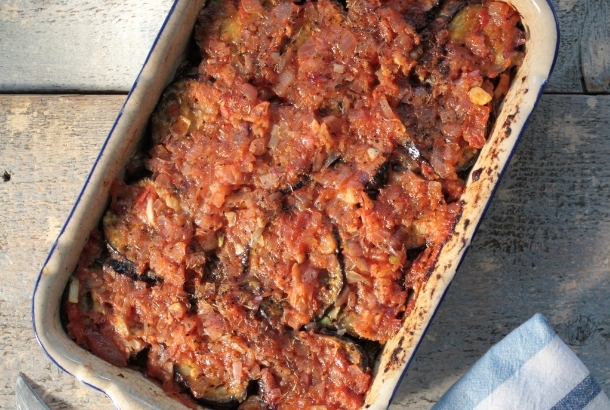
Eating With The Seasons
Vegetable cooking on Ikaria is totally dependent on the seasons. There is, for example, a summer and a winter version of soufico. Most islanders live by what their garden grows, and by what they can preserve from it, such as the tsifia, or sun-dried fruits and vegetables, which still see them through the long, wet winters.
But Ikaria’s vegetable cookery, aside from a few local brushstrokes–i.e. the use of unusual herbs like pennyroyal here and there, the presence of long-forgotten ingredients like green almonds, the preference for slow stews, and the love of collards–really follows the same tenets as the vegetable cookery throughout Greece. That is, people take for granted the inordinate number of dishes that are main courses, plant-based and sating. These dishes have been Ikarian’s sustenance for hundreds of years.
A Well Rounded Plant Based Diet
That said, eating more vegetarian meals can be a challenge when it comes to getting complete proteins, proteins that include essential and nonessential amino acids, which our bodies need for complete nutrition. It is no accident then, that so many of Ikaria’s, and, indeed, Greece’s plant-based dishes, include the kinds of combinations that make for nutritionally complete meals. It’s not by chance, for example, that so many of the greens and vegetable stews also include potatoes, which round out the nutritional profile; or that there are so many vegetable or legume and rice dishes.
With a piece of good whole grain bread and perhaps some cheese or preserved meat or fish, most of the island’s main course vegetable dishes provide us with our daily nutritional requirements in one plate.
The best part is that they taste great!
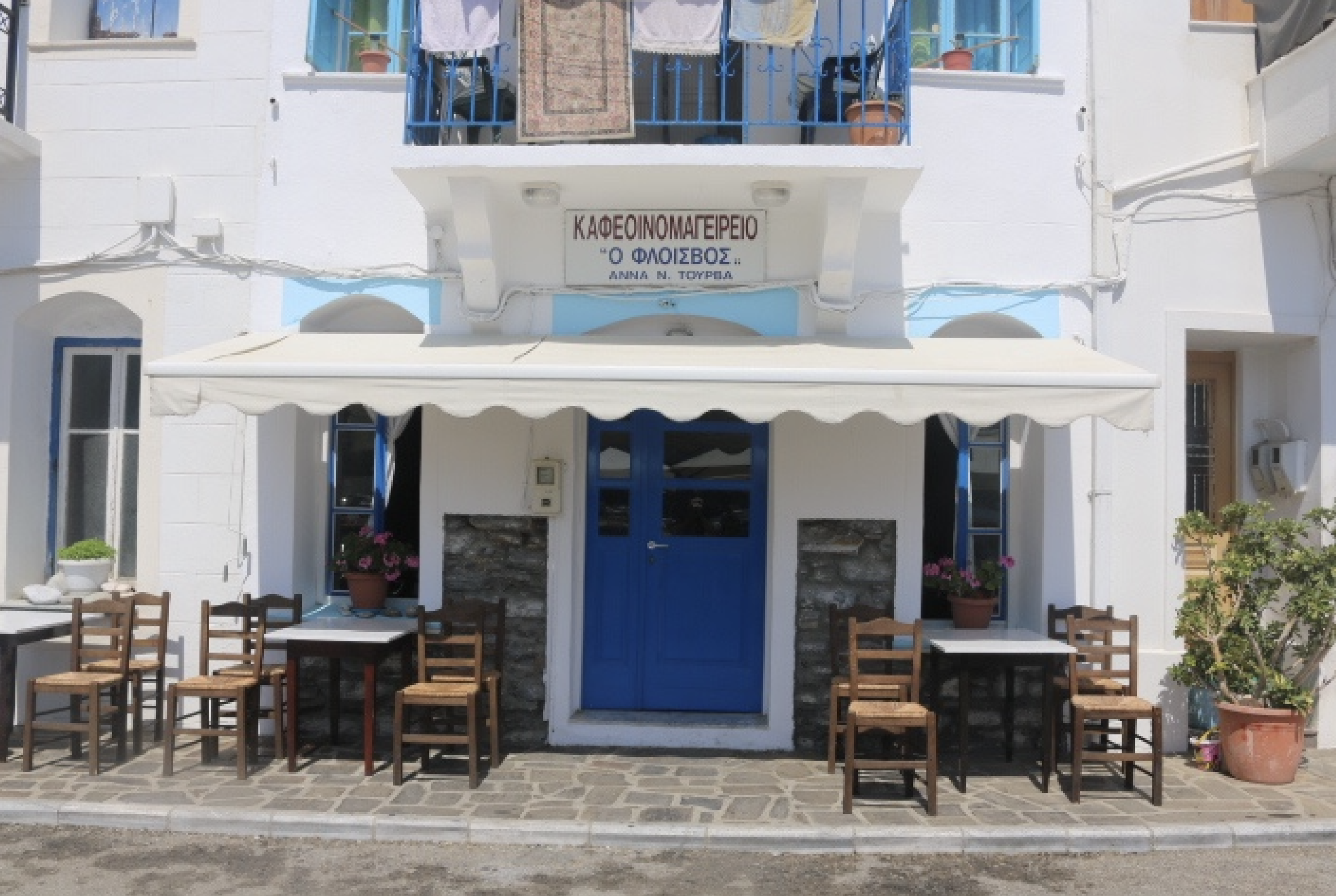
The Culture of Ikaria
No talk of Ikaria and its legendary longevity could ever be complete without mention of the island’s ways, the abhorrence of rigidity and rules, and the generally pervasive philosophy of “live and let live”.
To this day, a relative disinterest in material wealth, a penchant for last-minute planning, if any at all, and a deep-rooted recognition of the fleeting quality of life still pervade and define the Ikarian mind-set. Most of the values that define and constrict the West are anathema in Ikaria; of course, no one could ever quantify this, but these, together with what was once a lean, almost exclusively plant-based diet, are the values that account for the islanders’ legendary longevity.
For more Blue Zone recipes check out these for soufico, arugula salad with sweet potato and briam.
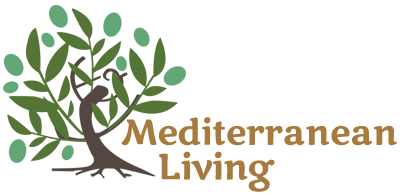







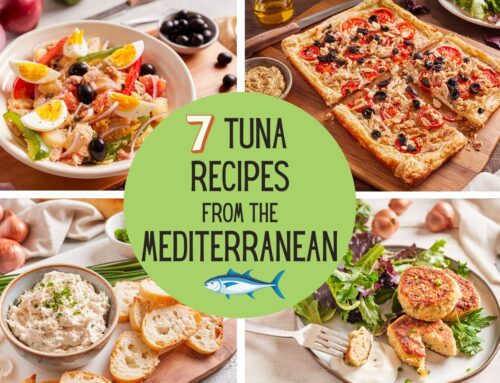
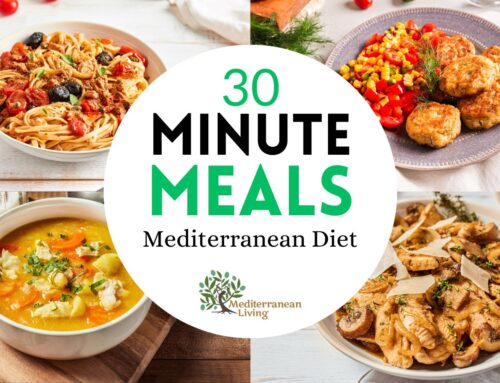
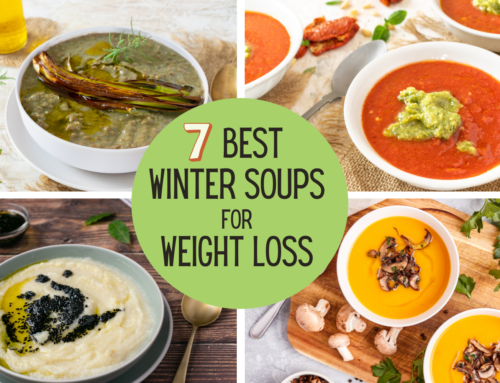
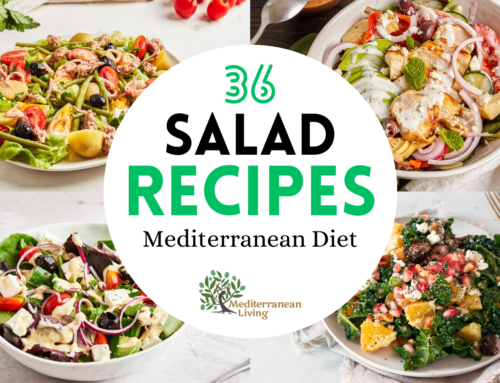
Bill Bradley, R.D. says:
Bill Bradley, R.D. says:
Bill Bradley, R.D. says: